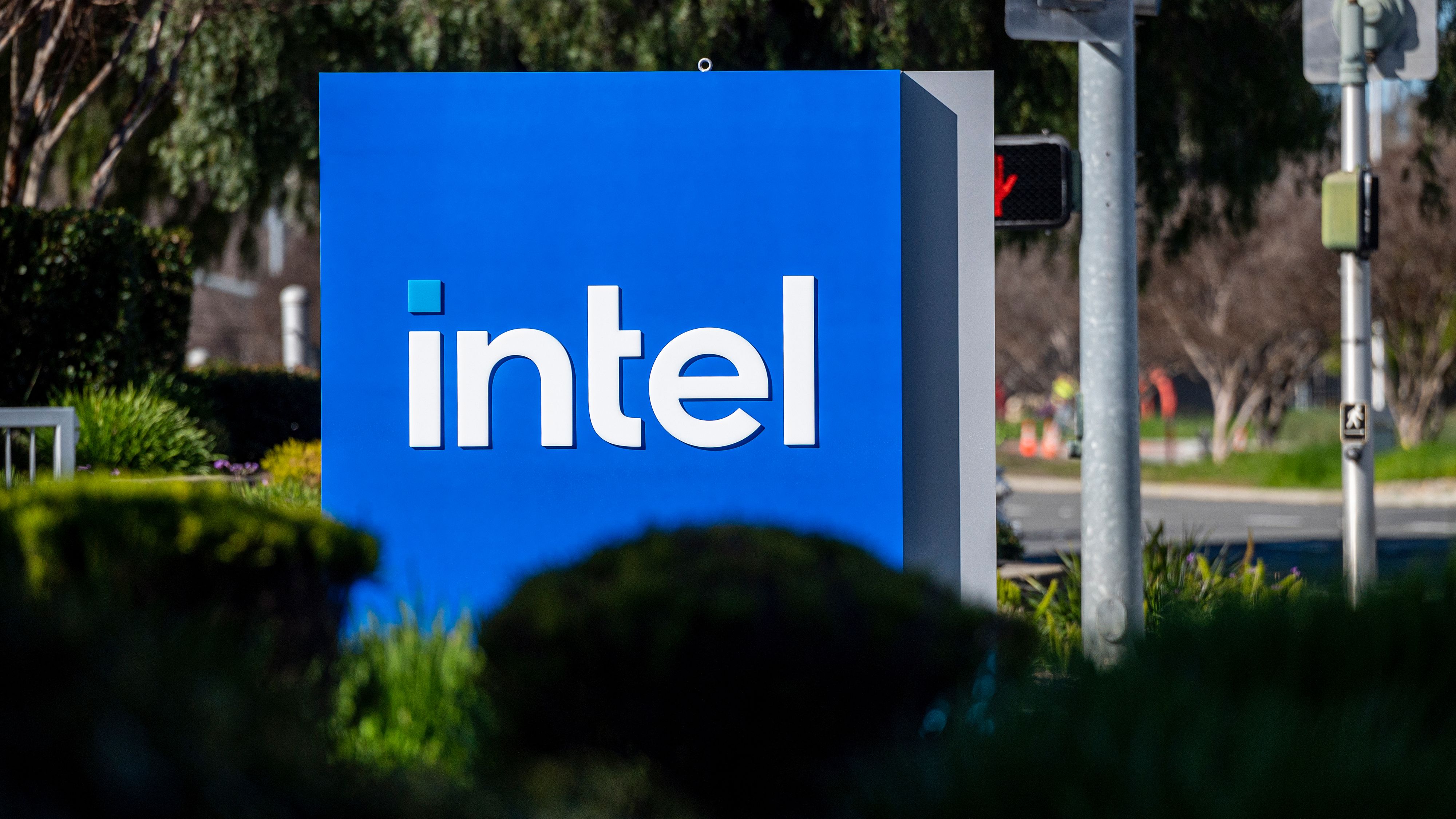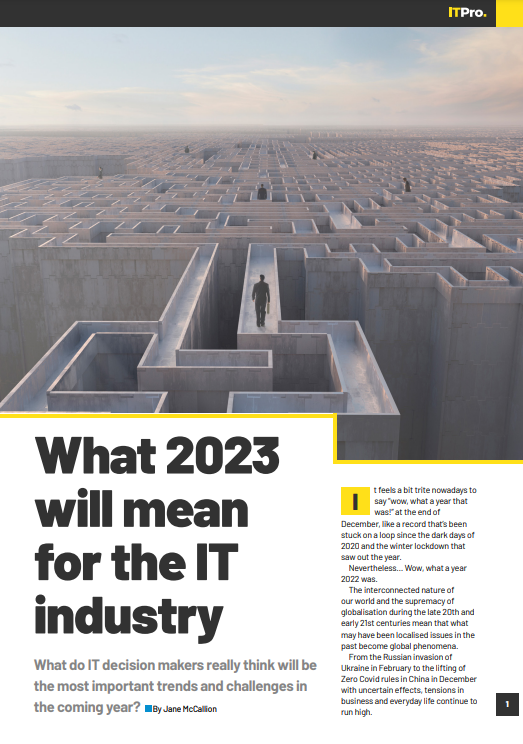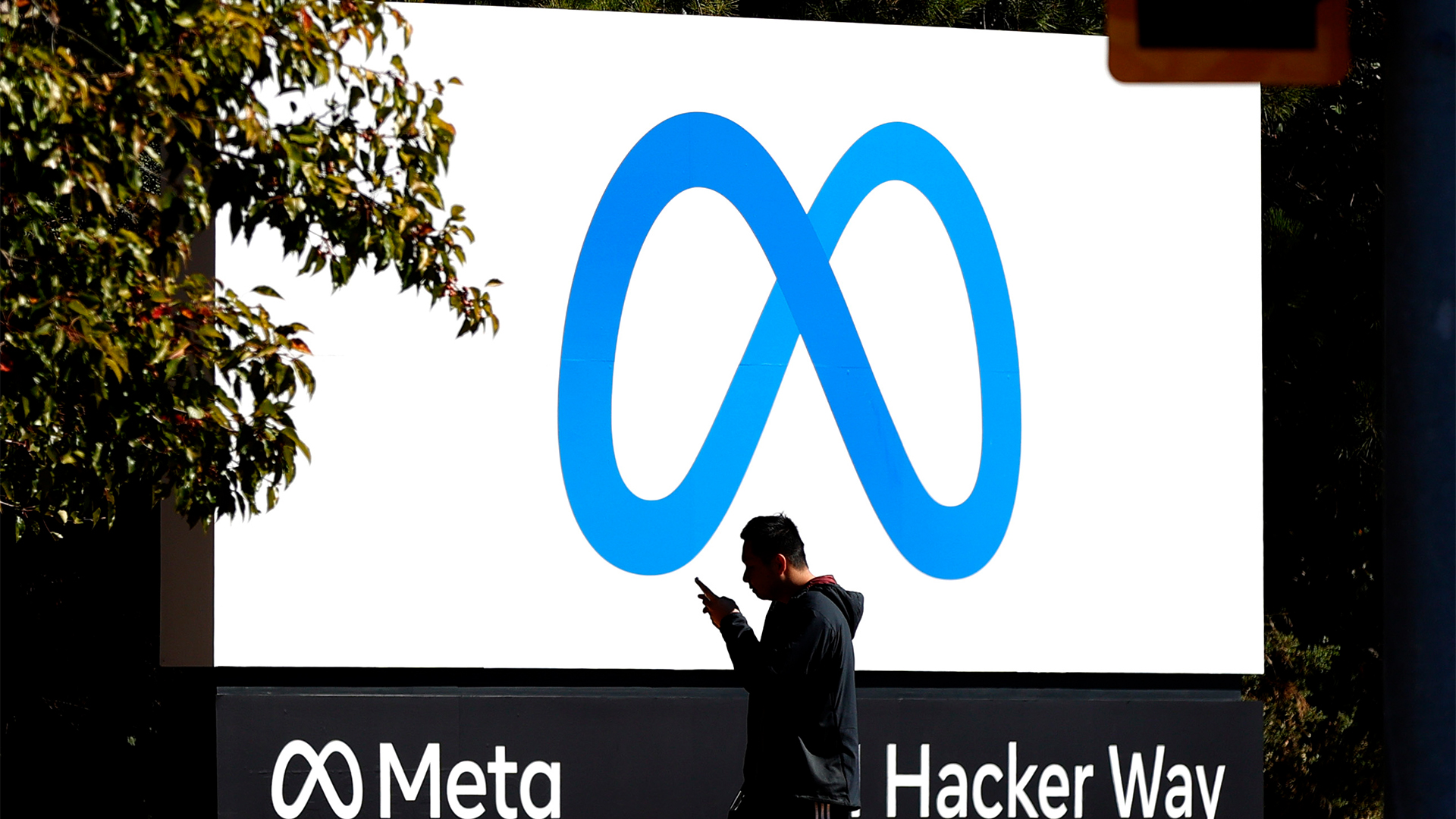Intel slashes staff salaries, bonuses amid disappointing financial performance
The money-saving drive comes as the hardware sector has been hit especially hard by the economic headwinds facing all tech companies


Intel has announced a wave of pay cuts and reduced benefits in the wake of poor quarterly earnings, affecting mid-level, vice presidential, and executive staff.
The firm is reportedly set to cut mid-level staff wages by 5% in March, with higher-level roles such as VPs and executives facing 10% and 15% salary cuts respectively. Pat Gelsinger, CEO at Intel, could also cut his salary by up to 25%.
Staff will also face greatly-reduced benefits in the immediate future, with quarterly bonuses and merit-based raises cancelled and the company’s 401(k) matched payment scheme reduced from 5% to 2.5%.
“This was an incredibly dumb move, as employees will become “quiet quitters” and lose morale,” wrote semiconductor analyst Dylan Patel, who stated that all Intel employees in grades 7 to 11 will see cuts.
“Bonus cuts are one thing, but base pay cuts sting. Intel, unfortunately, has to cut costs dramatically due to its immense amount of cash being burned, but they are doing it in the worst way.”
“High performers likely start to 'phone it in' while they look for their next job, as there is no incentive to keep working long nights and early mornings. The level 7 cut-off point is too low. This includes some fresh advanced graduates and many normal graduates with a handful of years of experience.”
The changes have been implemented following a challenging quarter - the chip giant announced its Q4 revenue of $14 billion on 26 January, down 32% year-on-year, with its client computing group business unit reporting a 36% year-on-year decline.
Get the ITPro daily newsletter
Sign up today and you will receive a free copy of our Future Focus 2025 report - the leading guidance on AI, cybersecurity and other IT challenges as per 700+ senior executives
The decline follows the ‘biggest ever decline’ in worldwide PC shipments, which has impacted hardware.
“Despite the economic and market headwinds, we continued to make good progress on our strategic transformation in Q4, including advancing our product roadmap and improving our operational structure and processes to drive efficiencies while delivering at the low end of our guided range,” said Gelsinger on the earnings call.
Other firms have been affected by the downturn in hardware sales, with Microsoft having reported a 39% drop in device revenue across the same period.
Reuters reported that Gelsinger had described Intel as having “stumbled” in its recent performance.
The firm has ceded market share to main rival Advanced Micro Devices (AMD) which reported better-than-expected earnings in its Q4 call.
RELATED RESOURCE

What 2023 will mean for the industry
What do most IT decision makers really think will be the important trends and challenges in the coming year?
Shareholders are not expected to receive reduced payouts, and annual bonuses will continue to be paid. However, as annual bonuses are linked to the company’s financial standing these are expected to be reduced as compared to previous years’ bonuses.
"As we continue to navigate macro-economic headwinds and work to reduce costs across the company, we’ve made several adjustments to our 2023 employee compensation and rewards programmes," Intel told IT Pro.
"These changes are designed to impact our executive population more significantly and will help support the investments and overall workforce needed to accelerate our transformation and achieve our long-term strategy. We are grateful to our employees for their commitment to Intel and patience during this time as we know these changes are not easy."
Intel’s move to cut salaries at this stage rather than engage in mass layoffs has put it out of step with the strategies of other large tech firms.
2023 has already seen a number of large firms slash staff, as Amazon and Salesforce fired a combined 26,000 employees and Google cut its global workforce by 12,000 roles.
A number of factors are behind this wave of big tech layoffs, including unsustainable business models and a drive for greater profit at the expense of employee security. As recession bites, more firms are expected to engage in cuts of this kind.
This article was updated to include comment from Intel.

Rory Bathgate is Features and Multimedia Editor at ITPro, overseeing all in-depth content and case studies. He can also be found co-hosting the ITPro Podcast with Jane McCallion, swapping a keyboard for a microphone to discuss the latest learnings with thought leaders from across the tech sector.
In his free time, Rory enjoys photography, video editing, and good science fiction. After graduating from the University of Kent with a BA in English and American Literature, Rory undertook an MA in Eighteenth-Century Studies at King’s College London. He joined ITPro in 2022 as a graduate, following four years in student journalism. You can contact Rory at rory.bathgate@futurenet.com or on LinkedIn.
-
 Bigger salaries, more burnout: Is the CISO role in crisis?
Bigger salaries, more burnout: Is the CISO role in crisis?In-depth CISOs are more stressed than ever before – but why is this and what can be done?
By Kate O'Flaherty Published
-
 Cheap cyber crime kits can be bought on the dark web for less than $25
Cheap cyber crime kits can be bought on the dark web for less than $25News Research from NordVPN shows phishing kits are now widely available on the dark web and via messaging apps like Telegram, and are often selling for less than $25.
By Emma Woollacott Published
-
 Tech talent shortages mean firms are scrapping traditional recruitment strategies
Tech talent shortages mean firms are scrapping traditional recruitment strategiesNews With more than half of enterprise leaders worried about future skills shortages, many organizations are turning to a range of new techniques to expand potential talent pools.
By Emma Woollacott Published
-
 Everything you need to know about Lip-Bu Tan, Intel’s new CEO
Everything you need to know about Lip-Bu Tan, Intel’s new CEONews Intel has announced its next CEO in the wake of Pat Gelsinger's retirement, naming former board member Lip-Bu Tan as its new leader months after he quit.
By Nicole Kobie Published
-
 Employees are dead set on flexible working arrangements – three quarters would turn down a role that didn't offer hybrid options as work-life balance becomes more important than pay
Employees are dead set on flexible working arrangements – three quarters would turn down a role that didn't offer hybrid options as work-life balance becomes more important than payNews New research shows workers are increasingly demanding flexible working arrangements from employers.
By Emma Woollacott Published
-
 Intel CEO Pat Gelsinger announces retirement
Intel CEO Pat Gelsinger announces retirementNews Gelsinger’s departure comes amid a tumultuous period at Intel
By Ross Kelly Published
-
 AMD to cut around 1,000 staff to focus on "growth opportunities"
AMD to cut around 1,000 staff to focus on "growth opportunities"News The AMD layoffs come after rival Intel cut staff on the back of flagging AI returns
By George Fitzmaurice Published
-
 Meta layoffs hit staff at WhatsApp, Instagram, and Reality Labs divisions
Meta layoffs hit staff at WhatsApp, Instagram, and Reality Labs divisionsNews The 'year of efficiency' for Mark Zuckerberg continues as Meta layoffs affect staff in key business units
By Ross Kelly Last updated
-
 The power and the pain: Looking forward so you’re not held back
The power and the pain: Looking forward so you’re not held backAvoiding server modernization may seem like a cost-saving strategy, but the hidden risks of downtime, security breaches, and operational inefficiencies can quickly become far more costly…
By ITPro Published
-
 Modernization: Nothing to fear except failing to future-proof
Modernization: Nothing to fear except failing to future-proofAs businesses face mounting pressure to innovate while maintaining daily operations on tight budgets, modernization has become a necessity, not a luxury
By ITPro Published